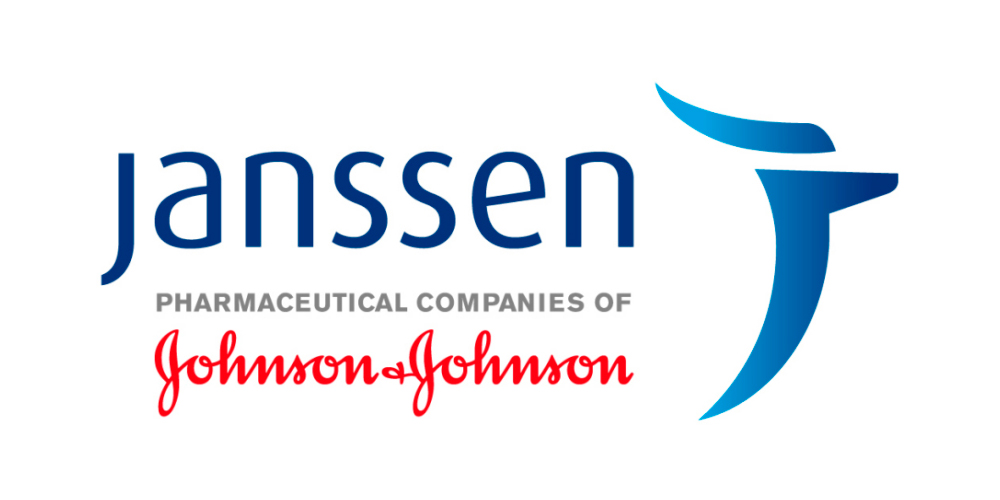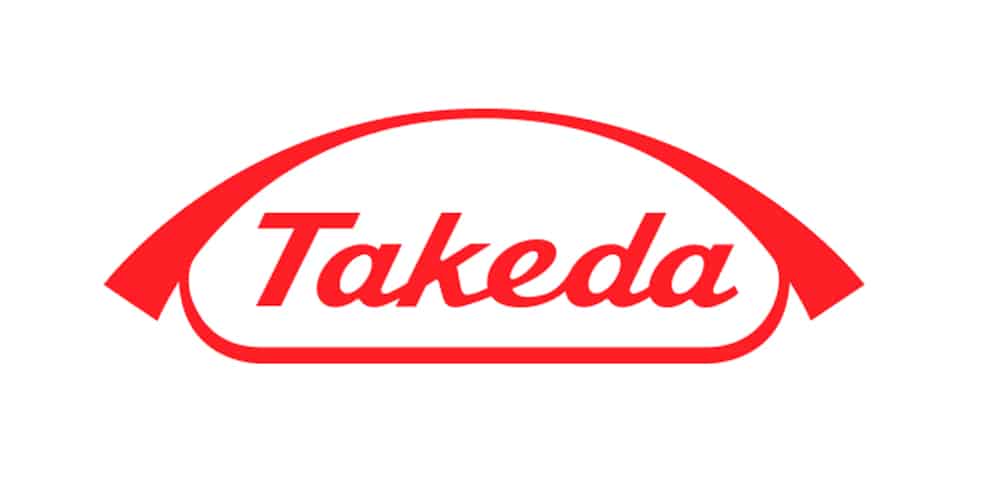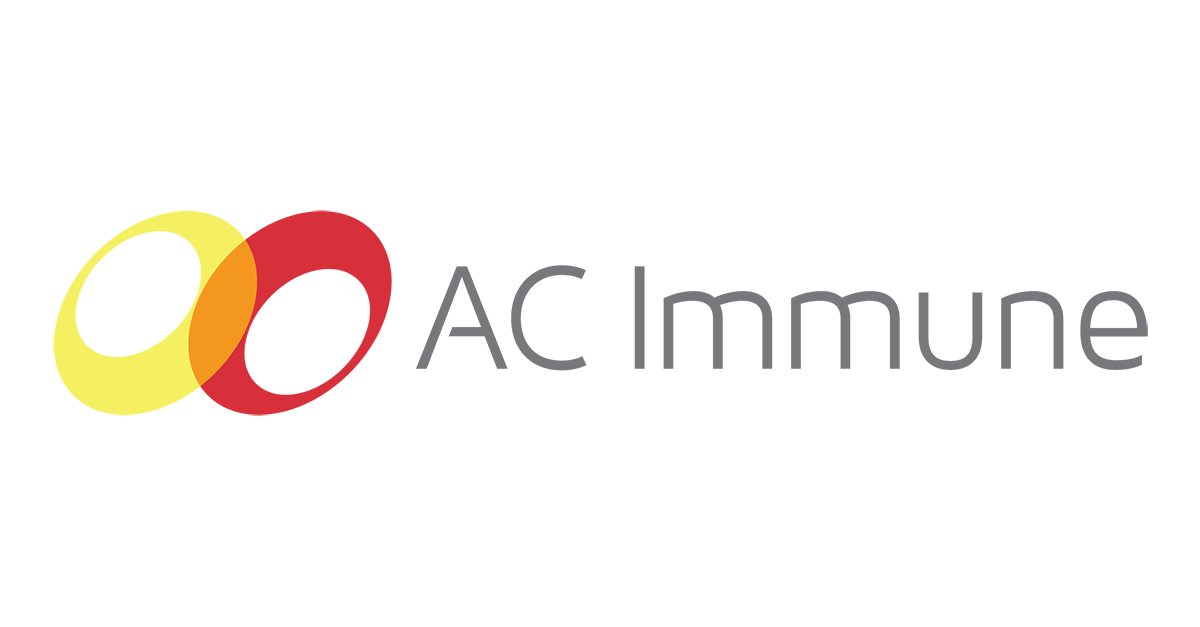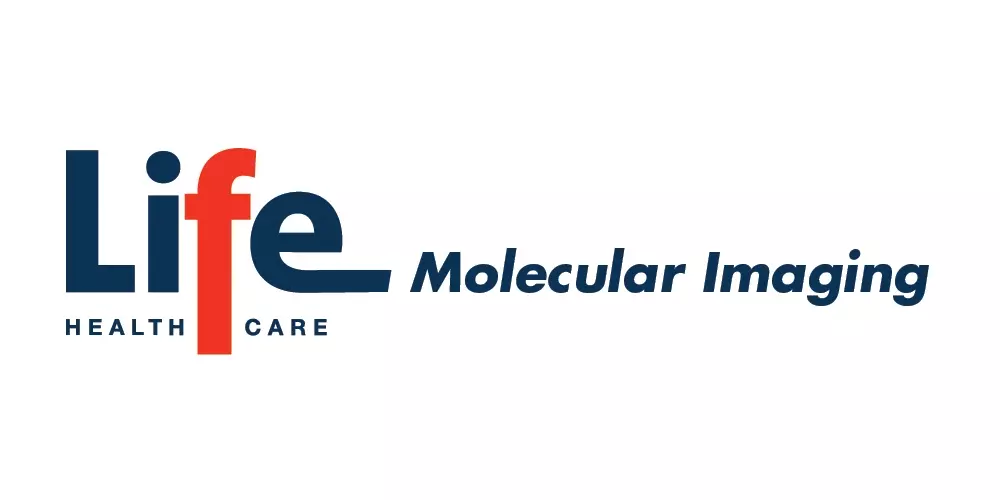Alzheimer’s disease is the most prevalent neurodegenerative disease leading to dementia and a major focus of AC Immune. In recent years, as our pipeline has grown, we have diversified to develop product candidates targeting Parkinson’s disease and other NeuroOrphan diseases.
ACTIVE IMMUNOTHERAPY
TARGET
PRODUCT
CANDIDATE
CANDIDATE
INDICATION
Discovery
Preclinical
Phase 1
Phase 2
Phase 3
Partner
Tau
ACI‑35.030 (JNJ-2056)
Alzheimer's disease


The first-in-class anti-pTau active immunotherapy candidate ACI-35.030 was designed to elicit antibodies against extracellular phosphorylated Tau (pTau) to prevent and reduce the spread of Tau pathology. pTau is a key component of Alzheimer’s disease and can be measured in plasma to identify who is at risk of developing Alzheimer’s disease up to 20 years before onset of clinical symptoms.
- Modality: Active immunotherapy
- Therapeutic Area: CNS
-
Phase:
1b/2a
-
Partner:
Janssen Pharmaceuticals
Abeta
ACI‑24.060
Alzheimer's disease


ACI-24 anti-Abeta active immunotherapy candidates are designed to generate antibodies specifically targeting misfolded Abeta to prevent accumulation and enhance clearance of amyloid plaques. Based on preclinical results, immunization with ACI-24.060 is expected to produce a broad immune response binding key pathological species such as Abeta oligomers and the highly neurotoxic pyroglutamate Abeta (N3pE-Abeta).
- Modality: Active immunotherapy
- Therapeutic Area: CNS
-
Phase:
1b/2
- Partner: Takeda
ACI-24.060
Alzheimer's disease
in Down syndrome1


ACI-24 anti-Abeta active immunotherapy candidates are designed to generate antibodies specifically targeting misfolded Abeta to prevent accumulation and enhance clearance of amyloid plaques. Based on preclinical results, immunization with ACI-24.060 is expected to produce a broad immune response binding key pathological species such as Abeta oligomers and the highly neurotoxic pyroglutamate Abeta (N3pE-Abeta).
- Modality: Active immunotherapy
- Therapeutic Area: CNS
-
Phase:
1b/2
- Partner: Takeda
a-syn
ACI‑7104.056
Parkinson's disease


ACI-7104.056 is an optimized formulation of its clinically validated anti-a-syn predecessor active immunotherapy. It generates a target-specific antibody response against pathological oligomeric a-syn to inhibit spreading and downstream neurodegeneration in early Parkinson’s disease. It produces a strong and boostable antibody response with evidence of target engagement and a signal of clinical efficacy.
- Modality: Active immunotherapy
- Therapeutic Area: CNS
-
Phase:
2
- Partner: ACIU wholly owned
-
(1) Down syndrome-related AD; (2) a-syn: alpha-synuclein
- Biologic
INTRACELLULAR TARGETING
TARGET
PRODUCT
CANDIDATE
CANDIDATE
INDICATION
Discovery
Preclinical
Phase 1
Phase 2
Phase 3
Partner
NLRP3
ACI-19764
Neuro-inflammation


We have successfully identified various chemical series of potent small molecule NLRP3 inhibitors. They target the intracellular NLRP3 complex in microglia to inhibit the production of pro-inflammatory factors.
- Modality: Small Molecule
- Therapeutic Area: CNS, NeuroOrphan
- Partner: ACIU wholly owned
Tau
Morphomer® Tau
Alzheimer's disease


Morphomer® Tau aggregation inhibitors are first-in-class small molecules designed to cross cell membranes and inhibit intracellular Tau aggregates. They also promote disaggregation of already formed aggregates which enhances their therapeutic potential in advanced stages of disease.
a-syn
Morphomer® a‑syn
Parkinson's disease


We identified and characterized biologically active small molecule aggregation inhibitors targeting intracellular a-syn aggregates. These significantly decrease a-syn accumulation inside neurons and have favorable CNS-penetrant pharmacokinetic properties.
- Modality: Small Molecule
- Therapeutic Area: CNS
- Partner: ACIU wholly owned
-
(1) NLRP3: (NOD)-like receptor protein 3; (2) a-syn: alpha-synuclein
- Small Molecule
DIAGNOSTICS
TARGET
PRODUCT
CANDIDATE
CANDIDATE
INDICATION
Discovery
Preclinical
Phase 1
Phase 2
Phase 3
Partner
Tau
PI‑2620
Tau-PET1 tracer
Tau-PET1 tracer
Alzheimer's disease, PSP2
and others
and others


The Tau-PET tracer PI-2620 was designed to specifically bind pathological forms of human Tau in Alzheimer’s disease and other Tauopathies. It crosses the blood brain barrier and has high selectivity, even during early disease stages. A major differentiator is its ability to bind to 4-repeat (4R) Tau isoforms extending its use to diseases driven by these Tau species.
- Modality: Diagnostic
- Therapeutic Area: CNS
-
Phase:
3
- Partner: Life Molecular Imaging
-
(1) Positron Emission Tomography; (2) Progressive Supranuclear Palsy
- Diagnostic

